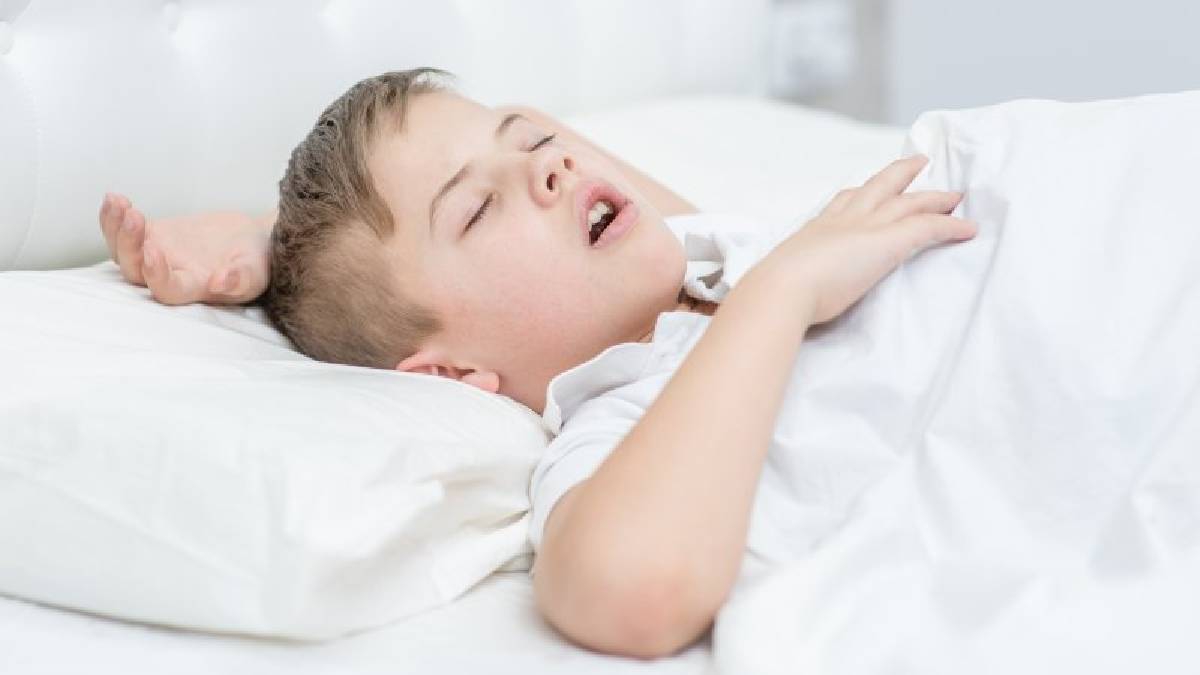New Delhi: Mouth breathing during sleep is not just a simple habit; it can have significant implications for one’s health and well-being. The habit can affect you in multiple ways, including changing shape of your face.
One of the primary concerns is the reduction in oxygen intake, which can occur when breathing through the mouth instead of the nose during sleep. This can lead to several problems, including dryness in the mouth and throat, respiratory issues, sleep disturbances, and even dental problems, reported Indian Express while quoting Dr MD Kareemullah Khan, ENT Surgeon, CARE Hospitals.
Chronic mouth breathing can result in facial distortions, such as an elongated face, droopy eyes with dark circles, narrow nostrils, dry lips, an open bite, and a narrow upper lip. These physical changes can impact one’s appearance and self-esteem.
Dental problems are another consequence of mouth breathing. Misalignment, crooked teeth, and improper jaw development are common issues associated with this habit. It may also increase the risk of cavities, gum disease, and teeth misalignment.
A report by Indian Express quoted Dr. Khan emphasizes that regular dental check-ups and proper oral hygiene can help manage and mitigate these concerns.
Negative Impacts Of Mouth Breathing Among Kids
In children, prolonged mouth breathing can affect facial development, leading to structural changes like an elongated face and a narrower roof of the mouth. Early orthodontic evaluation and intervention, including treatments like braces or dental appliances, can help guide more favorable facial growth and correct dental issues caused by mouth breathing.
Overall, recognizing the potential health problems associated with mouth breathing during sleep is crucial. Seeking professional advice and early intervention can be instrumental in addressing these issues and improving both oral and overall health.












